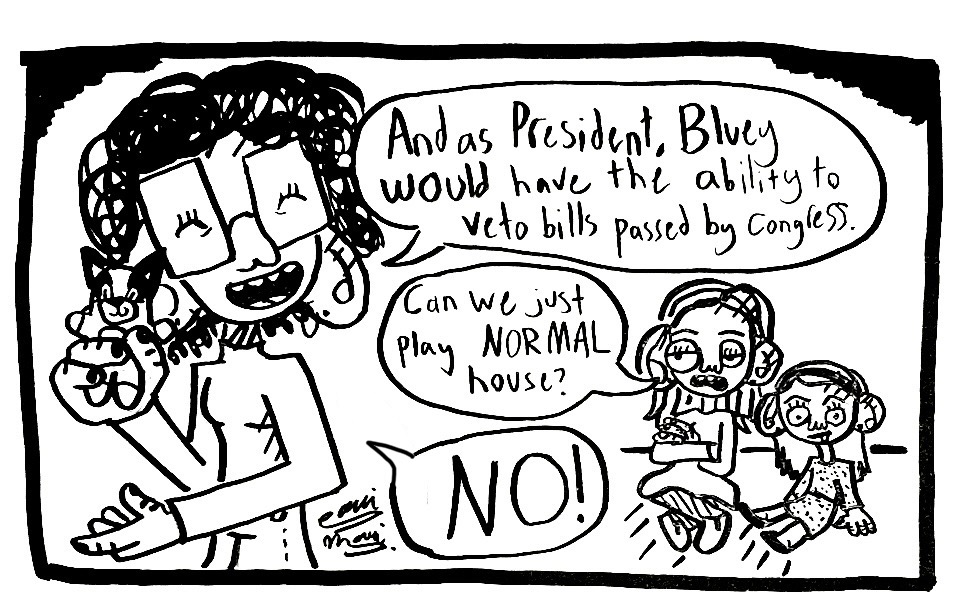The nation is waiting with bated breath for the government to start up again. We are in the midst of the longest government shutdown in history – and there is no telling when it will end.
While attention is focused on the national government and the District, thousands of federal workers across the country – and those who depend on them for their own jobs – are struggling and it is only getting worse as the shutdown rolls on.
The reason for the government shutdown is fairly cut and dry: Members of Congress and the president failed to agree on a spending bill that would have allocated $5.7 billion for a wall along the U.S.-Mexico border. Federal workers and communities that are dependent on federal workers are suffering in the meantime. While the government is in limbo, people should help those affected – whether it is through donations, food drives or supporting local businesses.
In my hometown of Bellevue, Neb., many families include the state’s 16,961 federal workers or the 6,207 active-duty officers. My dad was in the Air Force for eight years and is now retired and works full time in communications as a civilian on Offutt Air Force Base for the Department of Defense. During the 2013 government shutdown, my dad was furloughed and my family of four had to carefully watch our expenses as we became dependent on my mom’s part-time income while my dad waited for the shutdown to end.
This time, we are lucky because the Department of Defense isn’t affected because of a contract that was signed before the shutdown, so my family’s income isn’t affected and we don’t have to worry about missing payments or going for a standard grocery run. My dad makes significantly more money than my mom so without his income, it was easy to slip behind payments for my younger sister’s extracurricular activities, my dog’s medications and credit card bills during the last shutdown.
But it’s not just federal workers who are hurting. Businesses and companies including restaurants and ride-share drivers have noticed a significant drop in consumers and customers. While some restaurants are able to provide free or reduced-cost meals to furloughed federal workers – servers and other food service employees are getting stiffed as the city struggles.
It’s important for students to look around and notice all of the ways that we are affected by the shutdown. Whether it means the internship that you dreamt of is on hold or you can’t visit national museums or galleries – people are hurting and it is our responsibility to help those in need.
As I see all of the people who are affected, like friends with internships or friends whose parents are federal workers, I’m torn between wanting the shutdown to end so that thousands of families across the country can be paid for their services and not wanting the wall to be built in the first place.
My dad could have easily been one of 800,000 federal workers who are either temporarily unemployed or are working long hours and shifts without pay. As the effects of the shutdown are becoming more and more apparent, it is clear that this isn’t really about national security. If Trump was worried about security – instead of an attack on immigrants who are seeking better opportunities or protection from their own countries – he’d be worried about the growing number of Transportation Security Administration employees who are “calling in sick” during this time as a form of protest.
To see so many families struggling is heartbreaking and it is humbling to know that my family could have easily been affected by the shutdown. I have no idea when the shutdown will end. But I wish I did so that I would know when federal workers here in D.C. and my hometown could pick up where they were in December and continue their lives without stress. But in the meantime, we have to help each other where we can.
Renee Pineda, a senior majoring in political science, is The Hatchet’s opinions editor.
Want to respond to this piece? Submit a letter to the editor.


